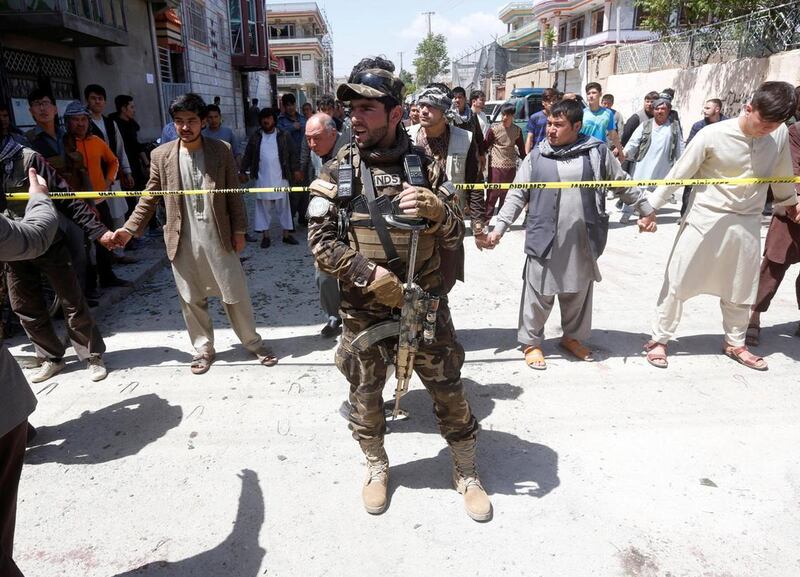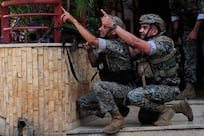One would hope that schools and universities would be sanctuaries of knowledge, where students learn to develop a critical mind. But in Afghanistan, some universities have become a breeding ground for those looking to radicalise the young.
Earlier this month, an investigation revealed that two teachers and a lecturer at Kabul University had been pushing their students to join ISIS. One of the suspects exhorted his students to wage jihad against the "infidel government", while another deduced marks for students dressed in western-styled clothes. All detained suspects are believed to have been involved in deadly attacks in Kabul.
And this is not the first time professors have made use of their status to radicalise students. In February, authorities arrested a university lecturer and imam in Kabul, who had pushed hundreds of youngsters to join ISIS – including his own nephew.
The influence of these extremists poses a serious challenge to a younger generation of Afghans who simply seek higher education. A recent report by the Afghan Institute for Strategic Studies found that half of the students surveyed at three major universities supported establishing an Islamic state or a caliphate in the country. This is especially concerning given the nation’s long history of harbouring extremist groups.
From 1996 to 2001, the Taliban ruled over most of Afghanistan, where they established a brutal regime, imposing their extremist view of religion on Afghans. After the Septembre 11 attacks, the group was ousted from power by the US-led invasion, as they provided a safe haven for terrorist organisations including Al Qaeda, and its leader Osama bin Laden. Since then, Afghanistan has been embroiled in an unending war between Taliban militants and the US-backed government in Kabul, costing 147,000 people their lives.
And while the US-Taliban peace talks, which were launched in December, sparked hope of a better tomorrow for many Afghans, there are fears that a US withdrawal will only weaken the government – which has been sidelined from the negotiations – and allow the Taliban to extend their rule. Such a security vacuum would not only allow the Taliban to thrive, it might prompt other extremist groups to fester, notably ISIS. Just this Thursday, three back-to-back bomb attacks killed at least 12 people in Kabul and only one of them was claimed by the Taliban.
Negotiations for a long-lasting peace must include security assurances against ISIS and other terror groups, as well as rehabilitation programmes for radicalised youth to reintegrate society. Otherwise, Afghanistan will continue to be a battleground where extremist militants wage a war for dominance.





